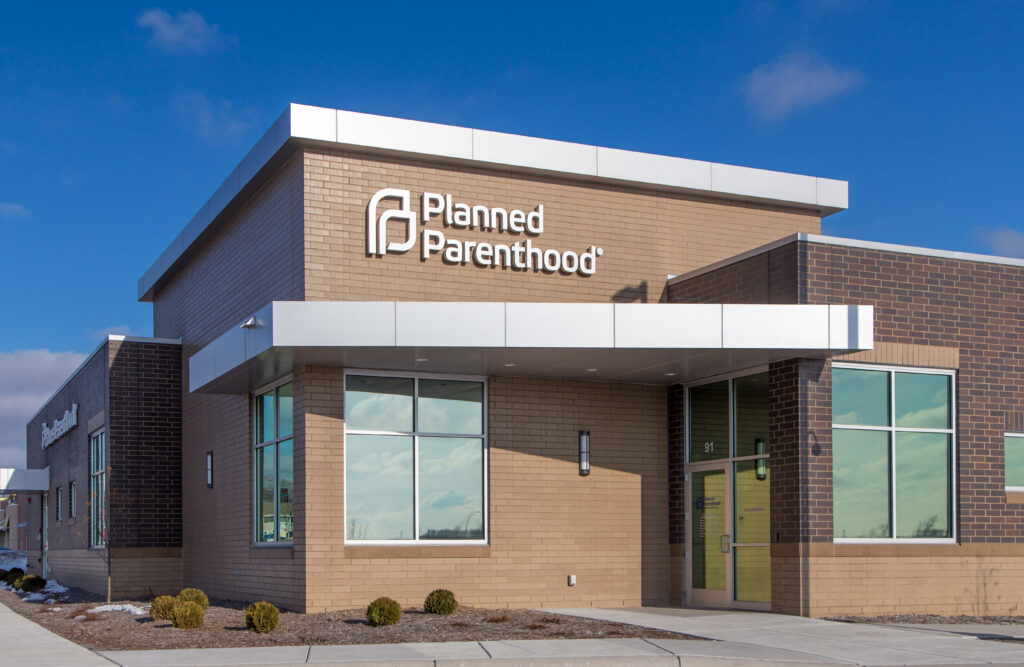Connecticut’s Annual Abortion Report Leaves Ample Room for Improvement
Connecticut’s 2016 abortion report provides a useful, yet lacking, snapshot of abortion in the state. Though not published online, the annual abortion report is made available to individuals upon request by the Connecticut Department of Public Health. The one-page report contains data on women who seek abortions, the abortion procedures that occur in Connecticut, and the children that are killed by abortion.
In 2016, 9,902 abortion procedures were carried out in Connecticut. Of these, 97 percent were performed on state residents. The majority of women were in their twenties, with 29 percent aged 20 to 24 and 28 percent aged 25 to 29. Nine percent of women were 19 years old or younger, and less than 0.4 percent were older than 45. Connecticut permits minors to undergo abortions without parental notification or consent, and 315 abortions were performed on women under the age of 18 in 2016.
Connecticut’s report lists the types of abortion procedures performed in the state and reveals that chemical abortions are on the rise. While the total number of abortions fell by almost 7 percent from 2014, the number of chemical abortions (4,398) increased slightly by not quite 2 percent. Over 96 percent of abortions were conducted in free-standing clinics. Ninety-one percent of the babies killed by abortion were at twelve weeks of gestational age or younger.
While Connecticut’s annual report offers a concise summary of the characteristics of abortions performed within its borders, the state’s reporting leaves ample room for improvement. A study on state abortion reporting published by the Charlotte Lozier Institute (CLI) in 2016 recommends that more states include additional information on abortion procedures and the women and children they affect, following the example of Oklahoma and Minnesota. These states, which were ranked the top two in the 2016 study, provide a more comprehensive view of patient demographics, including race, marital status, level of education, county of residence, and previous pregnancies. Oklahoma and Minnesota also report information on payment methods and reasons for abortions and note any resulting injuries. According to the Connecticut reporting form that physicians are required to submit after each abortion procedure, the state already records complications and collects data on each patient’s race, marital status, education, and prior pregnancies. However, Connecticut did not make a summary of this information available in the report provided to CLI.
In addition to reporting more of the information it collects, Connecticut should make its report more accessible. Currently, the annual report is not available online and must be requested under the Freedom of Information Act. The Connecticut Catholic Conference has stepped in to fill this gap by posting online its own abortion publication, which analyzes the data contained in the Department of Public Health report and provides comprehensive information on abortion laws, clinics, and alternatives. However, making state reports available on the Department of Public Health website would give researchers and Connecticut residents faster access to information on abortions in Connecticut and would make the state consistent with the 42 states that post their reports online. By increasing the accessibility of its data, Connecticut could provide a deeper and clearer view of abortion in the state.
Tessa Longbons is a research associate at the Charlotte Lozier Institute.

























